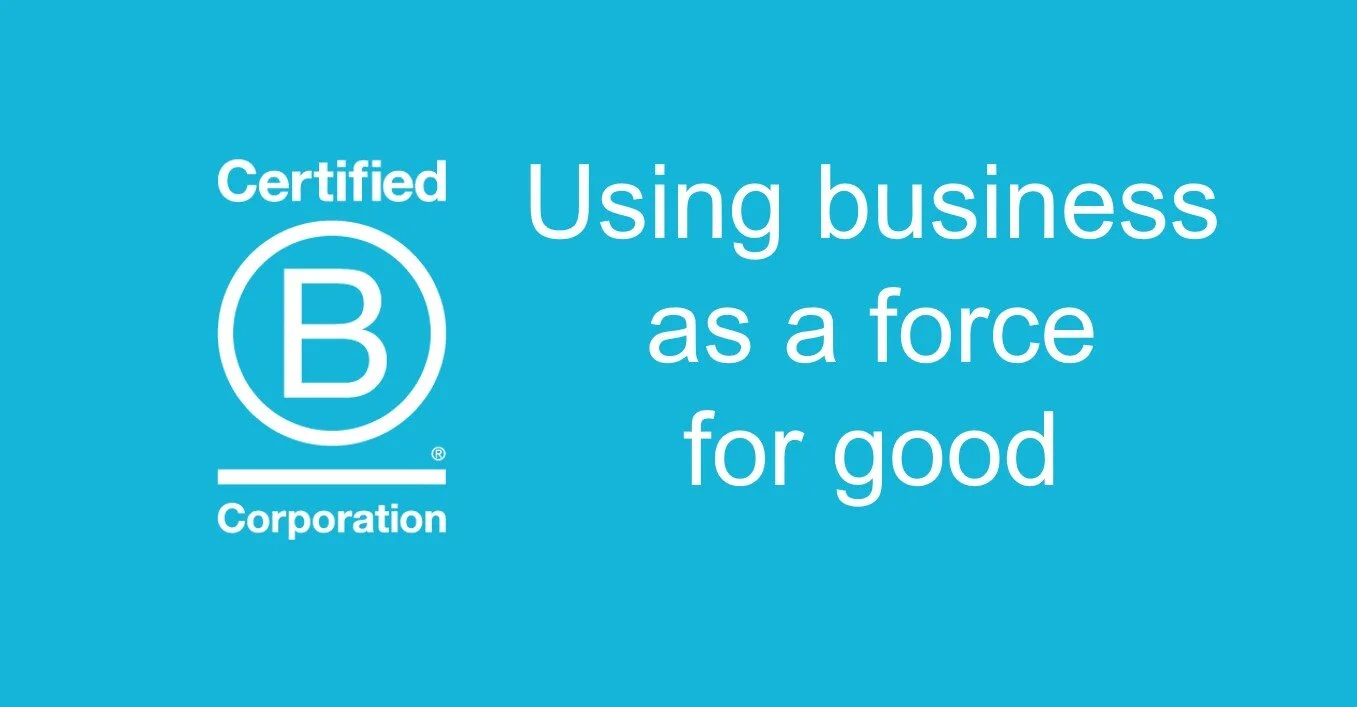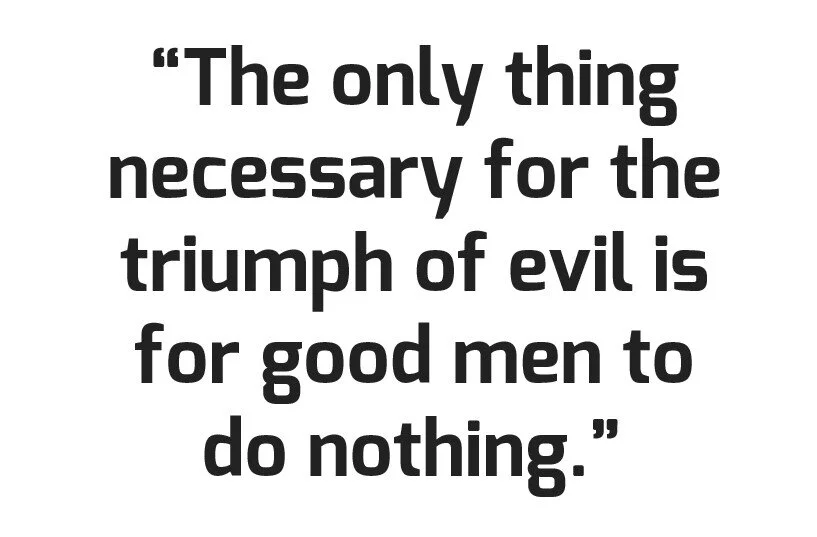It is a paradox that the most profitable companies are not the most profit-focused
A recent Business Case for Purpose survey found a new leading edge: “those companies able to harness the power of purpose to drive performance and profitability enjoy a distinct competitive advantage”.
This reiterates the findings of Jim Collins (Built to Last) which found that between 1926 and 1990 companies who did business on purpose returned six times more to shareholders than explicitly profit-driven rivals.
While 90 per cent of respondents in the new study said their company understood the importance of purpose, less than half thought it ran in a purpose-driven way.
Purpose, to many, often looks like a “black box”, with so many things hidden from view. While noting the impact that purpose can have on the bottom line, some assume improvements come from intangible qualities such as inspiration, leadership or the positive effect of working for a good cause.
Purpose can be defined as “an aspirational reason for being which inspires and provides a call to action for an organisation and its partners and stakeholders and provides benefit to local and global society” which is not something you would do on just a simple whim.
Once defined, purpose will necessitate appropriate measures to give a degree of manageability which will facilitate the capacity to learn and improve.
There is a systemic relationship between purpose (what we are here to do), measures (how we know how we are doing) and method (how we do it).
Because satisfied customers are the only source of long-term success, measures need to be related to purpose as defined from a customer point of view. When they are, employees can see how well they are doing and how they might do better.
When an organisation has no overriding purpose other than profit, metrics fill the vacuum, muscling out any wider purpose with the imperative of hitting the numbers. This transposition of ends and means is often disastrous because methods, now geared to meeting the metric, are detached from customer purpose — so banks sell payment protection insurance to people who do not need it, or VW managers manipulate emissions readings to meet targets. It’s a slippery slope.
Purpose should therefore be even more central to what you do and shouldn’t be complicated or airy-fairy — but nor is it always straightforward.
When some UK local authorities considered the purpose of local services, they concluded that they were there to help citizens live well, in charge of their own lives. After all, people leading good lives make for happier, more functional communities that make less call on stretched public services.
That required new measures, which quickly established, for example, that most resources were consumed by a few chaotic families using multiple services. This led to a new way of working, in which multidisciplinary teams visit problem families to understand their lives in context. The result was improved welfare being delivered more cost effectively. This has become known as “locality working”.
Purpose can end up being nothing more than simply an aspiration, if appropriate rigour with measures and methods are not implemented to make purpose tangible and keep managers on the straight and narrow. Don’t ever forget your purpose and subordinate it to profit – even during tough times. Toyota recently fell foul of this and paid a high price. Akio Toyoda, grandson of the founder, claims the lesson has been learned, but the jury is still out. Purpose is an unforgiving taskmaster: forget it at your peril.
To find out more about how purpose can improve profitability and resilience, get in touch.






